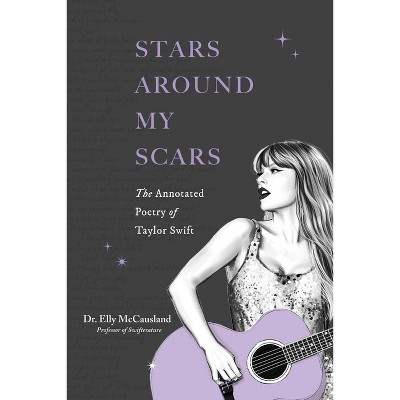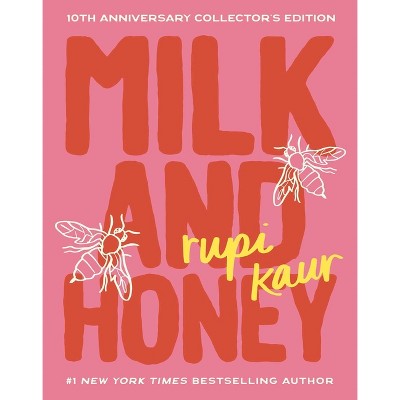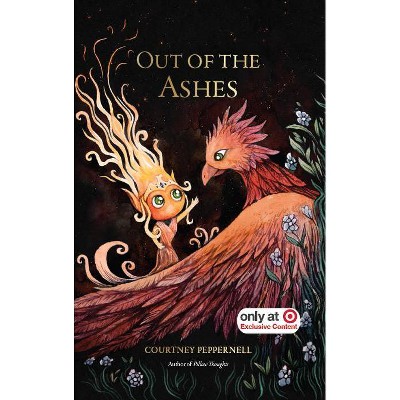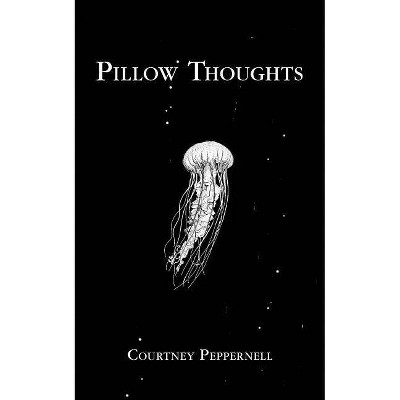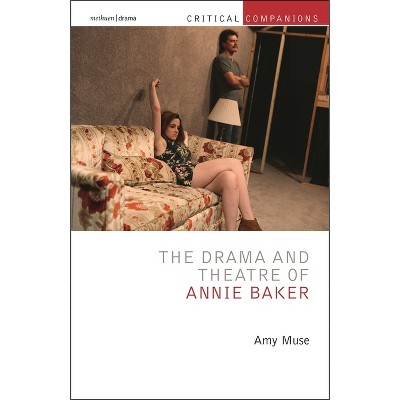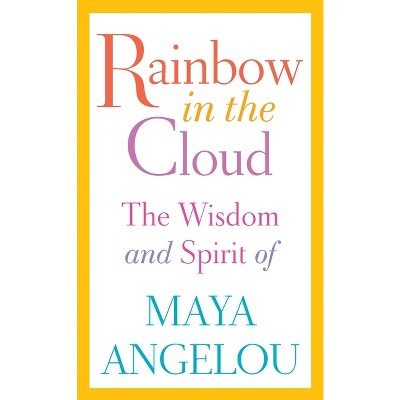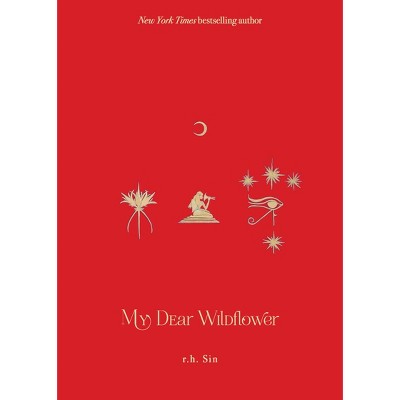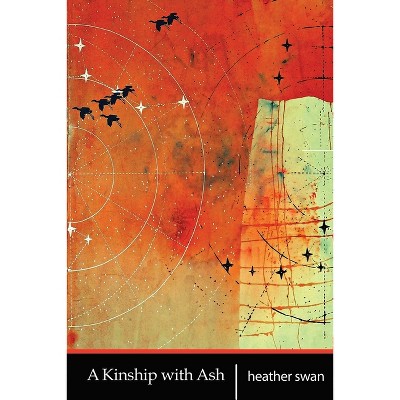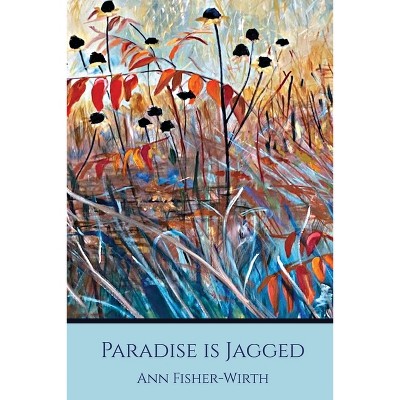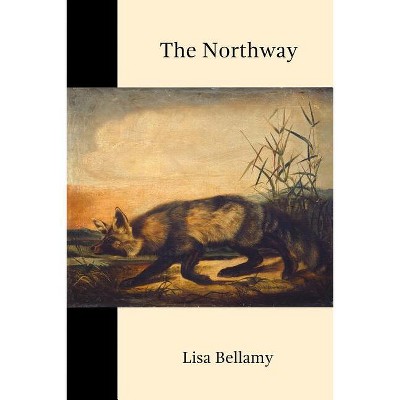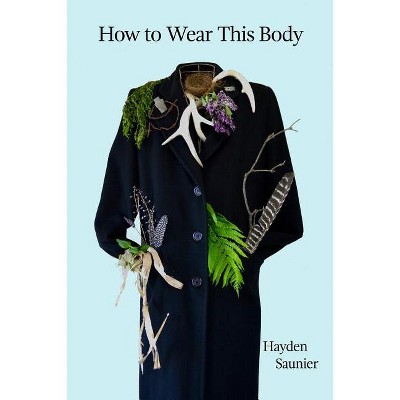Sponsored

Dandelion - (Redux) by Heather Swan (Paperback)
In Stock
Sponsored
About this item
Highlights
- In beautifully lyrical language, Heather Swan evokes both the broken human world of self-inflicted damage (pesticides, herbicides, "the noise of industry and ego") and the healing natural world of replenishment and repair (rock, bird, water, animal, plant, air).
- Author(s): Heather Swan
- 106 Pages
- Poetry, American
- Series Name: Redux
Description
About the Book
In beautifully lyrical language, Heather Swan evokes both the broken human world of self-inflicted damage and the healing natural world of replenishment and repair.
Book Synopsis
In beautifully lyrical language, Heather Swan evokes both the broken human world of self-inflicted damage (pesticides, herbicides, "the noise of industry and ego") and the healing natural world of replenishment and repair (rock, bird, water, animal, plant, air). If, for Swan, the human body is "a desert drilled for petroleum," "a trout stream dying," "a splinter pulled from a tree," it is also "an astral body," "a celestial body," "a body of light." Whether lamenting the death of a beloved father or the loss of an endangered species; meditating speculatively on the post-apocalyptic thoughts of Noah's wife; riffing on the likes of Kermit the Frog, Wile E. Coyote, or Piglet and Winnie the Pooh; or simply delighting in the freshness and vividness of experience, Swan illuminates the depths of our daily lives. For a reader, gifted with such honest, clear-eyed, evocative and restorative poems as these, there is "Nothing left to say but, / thank you./ Thank you."
-Ron Wallace, For a Limited Time Only
Review Quotes
Heather Swan's poems are passionately observed "field notes" from the natural world. There's a reverence here for what's imperiled, a poetry grounded in knowledge, at the same time keenly aware of the limits of knowledge. Alert to accelerating environmental harm, these poems utilize science, myth, children's stories, as well as reports from the crow, muskrat, and cedar waxwing to urge us back from the brink. In dandelion, Swan blurs the distinction between who we are and where we live until borders become bridges, even reverent sites of transformation-"please hold us, enfold us, transform / us the way the lichens / transform stone." These poems are beautiful with useful, as opposed to ornamental, beauty. Beauty is their backbone. When read in the spirit in which they seem to have been written, these field notes, though replete with warning, are also consistently braided with celebration and gratitude, perhaps in service of leading us toward the realization that we have "No choice/but to rise . . ."
-Max Garland, Into the Good World Again: Poems
Dandelion is a book written for this era of eco-catastrophes. Heather Swan writes from the heart about both global and personal losses in a collection where her father's Parkinson's coexists with the slaughter of elephants, where a muskrat swims through a world that also includes the observations of Noah's wife about the Flood. Celebratory and elegiac, in dandelion, Swan reminds us exactly of the world she-we all-must fight fiercely to defend.
-Jesse Lee Kercheval, I Want To Tell You
Shipping details
Return details
Frequently bought together

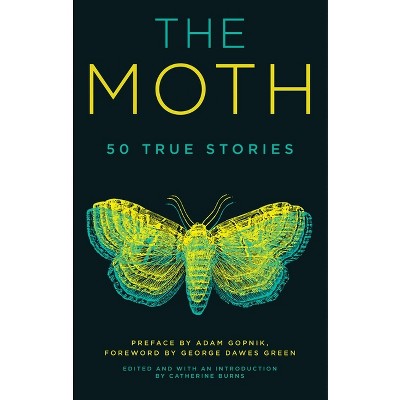

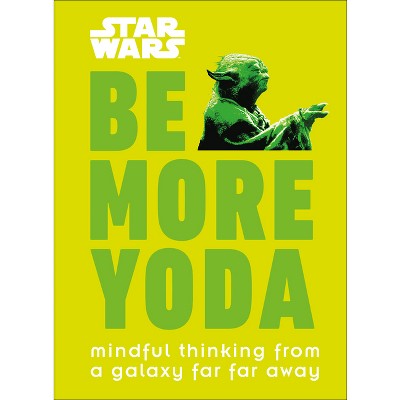
Trending Poetry
